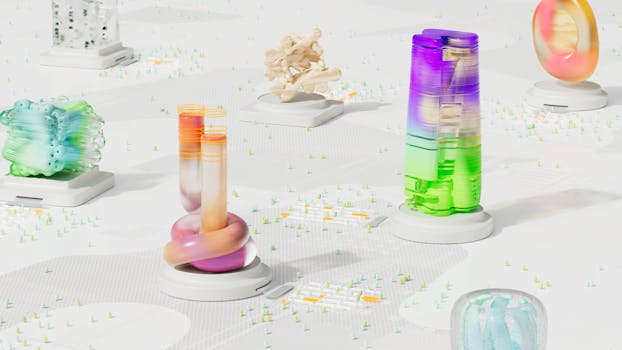AI Cover Letters: Do Hiring Managers Notice ChatGPT-Generated Content?
With the rise of artificial intelligence (AI) and its integration into various industries, the recruitment process has also seen a shift towards automation. One notable aspect of this shift is the emergence of AI-generated cover letters. These cover letters are created by chatbots such as ChatGPT, which utilizes natural language processing (NLP) to generate content that mimics human speech. While AI cover letters may seem like a convenient and time-saving solution, the question remains – do hiring managers actually pay attention to these chatbot-generated cover letters? In this article, we will take a closer look at AI cover letters and whether they are noticed by hiring managers in the recruitment process.
The Growing Popularity of AI Cover Letters
In recent years, there has been a surge in the use of AI cover letters among job seekers. The idea behind this trend is to save time and effort for candidates in the application process. Instead of spending hours crafting a personalized cover letter for each job application, job seekers can simply enter their details into a chatbot and receive a finished cover letter in a matter of minutes. This can be especially helpful for those applying to multiple jobs or for individuals with busy schedules.
Additionally, AI cover letters are designed to be optimized for keywords and phrases commonly found in job descriptions. As many companies now utilize applicant tracking systems (ATS) to scan resumes and cover letters for specific keywords, candidates who use AI cover letters may have a higher chance of passing through the initial round of screening.
The Role of AI in the Recruitment Process
AI has undoubtedly transformed the recruitment process and has made it more efficient for both employers and job seekers. From resume screening to candidate matching, AI technology has streamlined various aspects of the recruitment process, making it faster and more accurate. With the rise of AI-generated cover letters, it seems like the recruitment process is becoming increasingly reliant on technology.
However, while AI can be a valuable tool in the recruitment process, it should not be solely relied upon. The main purpose of a cover letter is to introduce yourself to the hiring manager and showcase why you are a suitable candidate for the position. This involves incorporating personal experiences, skills, and achievements – elements that AI may not be able to accurately convey. Therefore, while AI cover letters may help candidates get noticed by ATS, they may not always effectively showcase their unique qualities and qualifications to hiring managers.
Do Hiring Managers Notice ChatGPT-Generated Content?
When it comes to the question of whether hiring managers actually notice AI-generated content, the answer may vary. Some hiring managers may not be able to tell the difference between a cover letter written by AI and one written by a human. However, for others, AI cover letters may come across as robotic and impersonal, which could potentially hurt a candidate’s chances of standing out among other applicants.
Additionally, AI cover letters may lack a certain level of authenticity and genuine interest in the company and the role. Hiring managers are not just looking for candidates with the right skills and qualifications; they want to see that the candidate is genuinely interested in the company and the job. This may be difficult to convey through an AI-generated cover letter, which could be a turn-off for hiring managers who value authenticity and personalization.
Best Practices for Using AI Cover Letters
While AI cover letters may not always be as effective as human-written cover letters, they can still be a useful tool if used correctly. Here are some best practices for using AI cover letters:
1. Use AI cover letters as a template, not a final product
If you choose to use AI cover letters, treat them as a template rather than a final product. Take the time to personalize the cover letter and add your own unique experiences and qualifications to make it more authentic and genuine.
2. Proofread and edit
Just like with any written content, it is crucial to proofread and edit your AI-generated cover letter for any spelling or grammar errors. This will help ensure that the cover letter is coherent and professional.
3. Customize for each job application
Avoid sending the same AI cover letter for every job application. Instead, customize it for each job by adding specific keywords and adjusting the tone and content to match the company’s values and requirements.
In conclusion, while AI cover letters may have their benefits in the recruitment process, they should not completely replace human-written cover letters. It is still important for job seekers to take the time to craft a personalized and genuine cover letter that effectively showcases their qualifications and enthusiasm for the job. While AI technology may continue to evolve and improve, it is unlikely that AI-generated cover letters will fully replace human-written ones anytime soon.








